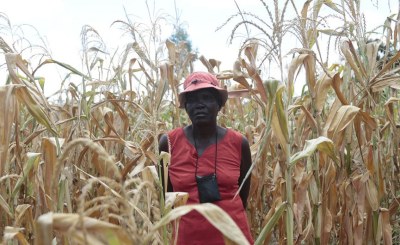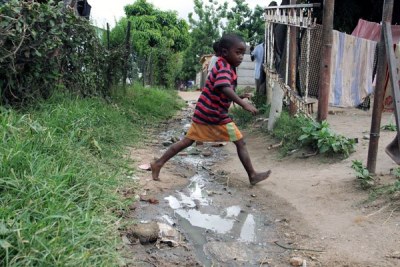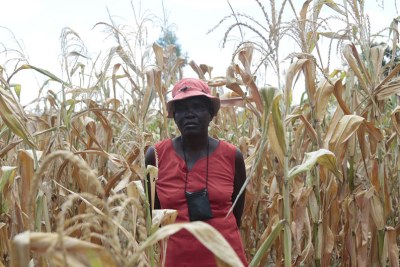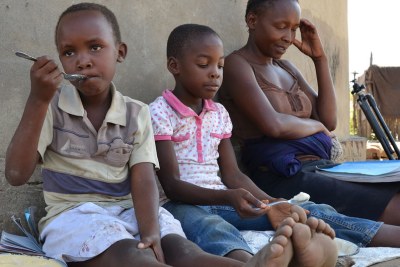-
Zimbabwe: Food Self-Sufficiency Remains Elusive for Millions - Report
New Zimbabwe, 16 March 2021
A study has shown that despite government's efforts to put in place several food and nutrition policies, setting up institutional frameworks to facilitate food and nutrition… Read more »
Food Self-Sufficiency Remains Elusive for Zimbabweans - Report
A study has shown that despite the Zimbabwe government's efforts to put in place several food and nutrition policies, setting up institutional frameworks to facilitate food and nutrition security, food self-sufficiency remains elusive for millions in the southern African country. The Zimbabwe Peace Project and Zimbabwe Human Rights NGO Forum who produced the reports, recommends that civil society should advocate legislation which criminalises infringements on the right to food so that perpetrators could either be prosecuted or sued for damages in their personal capacity as well, together with their institutions they represent. The report titled 'The Politics of Food: A Contextual Analysis of the Distribution of Food Aid in Zimbabwe' said it was a paradox that the same government making significant financial and institutional investments into agricultural production was also being accused of enabling the politicisation of food aid.
In 2020 the UN warned that about 8 million Zimbabweans face starvation due to the worsening economic challenges and recurring droughts that have affected harvests. Economic experts have also warned that Zimbabwe's economic and hunger woes are set to worsen due to the effects of Covid-19.
Documents
-
15 March 2021
The Politics of Food: A Contextual Analysis of the Distribution of Food Aid in Zimbabwe
- Author:
- ZPP
- Publisher:
- ZPP
- Publication Date:
The report titled 'The Politics of Food: A Contextual Analysis of the Distribution of Food Aid in Zimbabwe' said it was a paradox that the same ... see more »
InFocus
-
An estimated 7.9 million people, including 4.1 million children, will urgently require humanitarian assistance in 2021, due to food insecurity, health crises, the impact of ... Read more »
-
A total of 2.61 million people or 27% of the population in rural Zimbabwe are facing severe food shortages, the Integrated Food Security Phase Classification (IPC) has said. In ... Read more »
-
Over 20,000 children have been forced to turn to illegal vending to supplement family incomes as Zimbabwe's economic situation continues to worsen, according to an assessment ... Read more »
-
Zimbabwe is one of 10 countries where fewer than 20% of children receive a minimally adequate diet, further compromising their lifelong quality of life, according to the latest ... Read more »
-
Human rights organisations have warned the ruling Zanu-PF party against the partisan distribution of COVID-19 aid meant for vulnerable households facing hunger during the 21-day ... Read more »
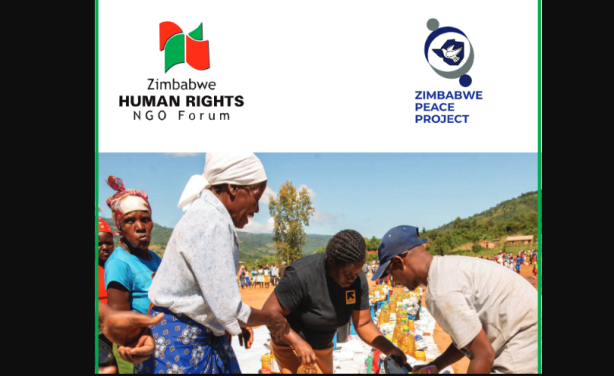
'The Politics of Food: A Contextual Analysis of the Distribution of Food Aid in Zimbabwe'
